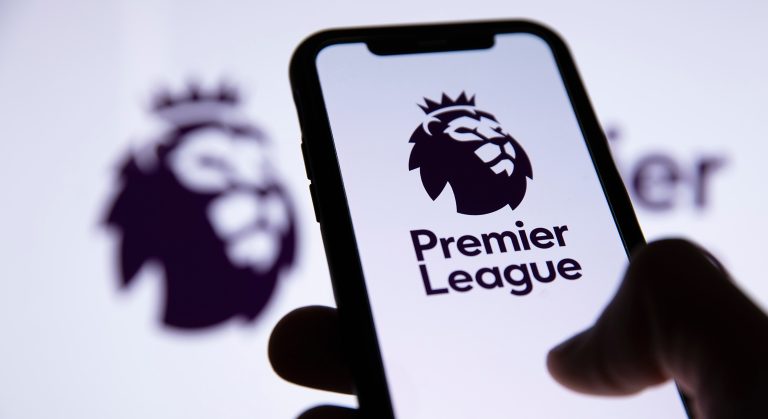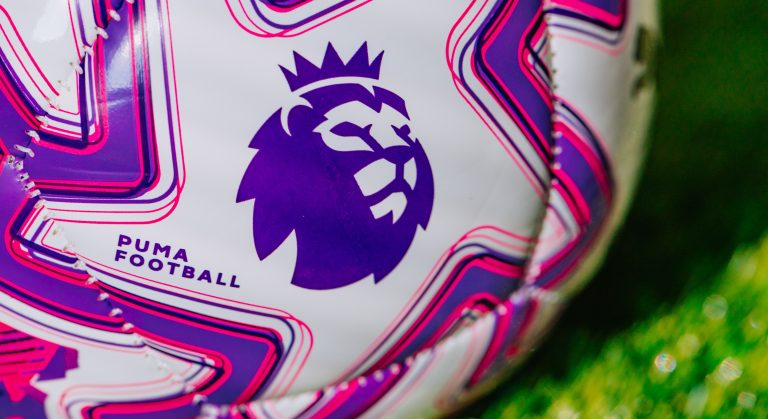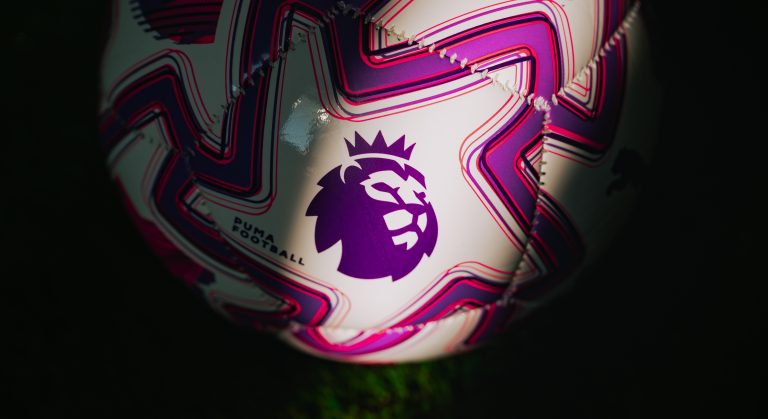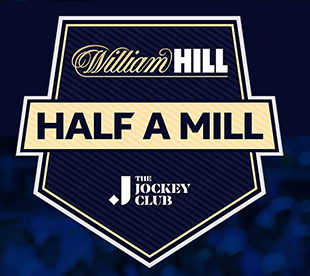Premier League Predictions & News
Greatest Premier League Managers

League titles seem the cleanest way to rank the greatest Premier League managers of all time. It’s not quite that simple, though, as wider influence, the quality of competition, and other successes have to be taken into account.
As ever, we need to consider how much longevity matters. David Moyes and Harry Redknapp are two of the league’s longest-serving managers, but how does that rank against short-term success like Carlo Ancelotti and Antonio Conte?
Unsurprisingly, none of the aforementioned quartet make it into the top five. There’s not much debate on who the five are, but there’s plenty of room to discuss the order.
5. Arsène Wenger
Le Professeur is the only manager to have led an invincible season in English football. Arsène Wenger’s impact on the Premier League was enormous on and off the pitch, advancing conditioning and preparation.
Wenger has the second-most wins. His first few years in north London were dominant. His teams rarely competed for titles in his last 10 years as Arsenal manager, though, and they invariably underachieved in European competition.
The Frenchman was the consensus second-best manager in Premier League history for a long period. An argument can still be made to have Wenger in the top two, but we think he’s been surpassed by three managers since his final league title with Arsenal.
4. Jürgen Klopp
Antonio Conte and the top two on the list are the only managers with a better winning percentage than Jürgen Klopp in the Premier League. Finding a place for Klopp is complicated – he only won one Premier League title and a single Champions League.
Klopp’s Liverpool were clearly one of the best Premier League teams of all time, however. They had two seasons in the high nineties in points, and rivalled Manchester City when no one else could come close.
Those Liverpool and City title races were enthralling. Their head-to-head matchups were some of the best matches for neutrals in the Premier League era. City’s dominant run would have been tedious without Klopp.
3. José Mourinho
It was José Mourinho who elevated Chelsea from nouveau riche pretenders to perennial contenders. The Special One arrived in 2004 as a European champion and set about winning consecutive league titles, setting the record for fewest goals conceded and most points in the process.
Mourinho, of course, returned to Chelsea several years later to win a third and final Premier League title. The chaos left in his wake at each of his clubs sees some marks deducted here, with neither Manchester United nor Tottenham fans remembering Mourinho all that fondly.
Still, the charismatic Portuguese manager led United to their best season since Alex Ferguson retired, winning 58.33% of his matches. At Tottenham, he won over half of his fixtures.
Would anyone be surprised to see Mourinho return to the Premier League?
2. Pep Guardiola
Winner of six Premier League titles, a treble, and named Manager of the Season on five occasions, Pep Guardiola has consolidated himself as the second-greatest Premier League manager.
Guardiola’s winning percentage is miles clear of anyone else. His City team has broken the 100-point barrier and has set new standards for the chasing pack to pursue.
Even without his wider impact on footballing philosophy, Guardiola warrants second place here. There will, of course, always be detractors who point towards City’s spending and their various charges over their financial conduct.
1. Alex Ferguson
Winner of 13 Premier League titles, a pair of Champions Leagues, and 11 Manager of the Season awards, Alex Ferguson’s CV is unmatchable. Such sustained success will not be seen again in English football.
Guardiola is the only manager with a better winning percentage, which is all the more remarkable when you consider how often Ferguson had to rebuild his team. He won with Eric Cantona, built around the Class of ’92, oversaw Wayne Rooney’s rise from teenage phenom to elite talent, and did the same with Cristiano Ronaldo.
By the end, Ferguson appeared to be winning matches through sheer will. His 13th and final league title was a testament to his greatness – the squad lacked quality, and the better players were on the decline.
Ferguson got more from his players than any other manager.







